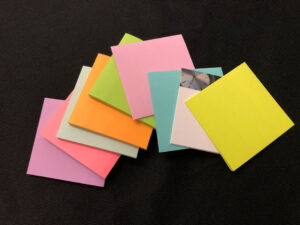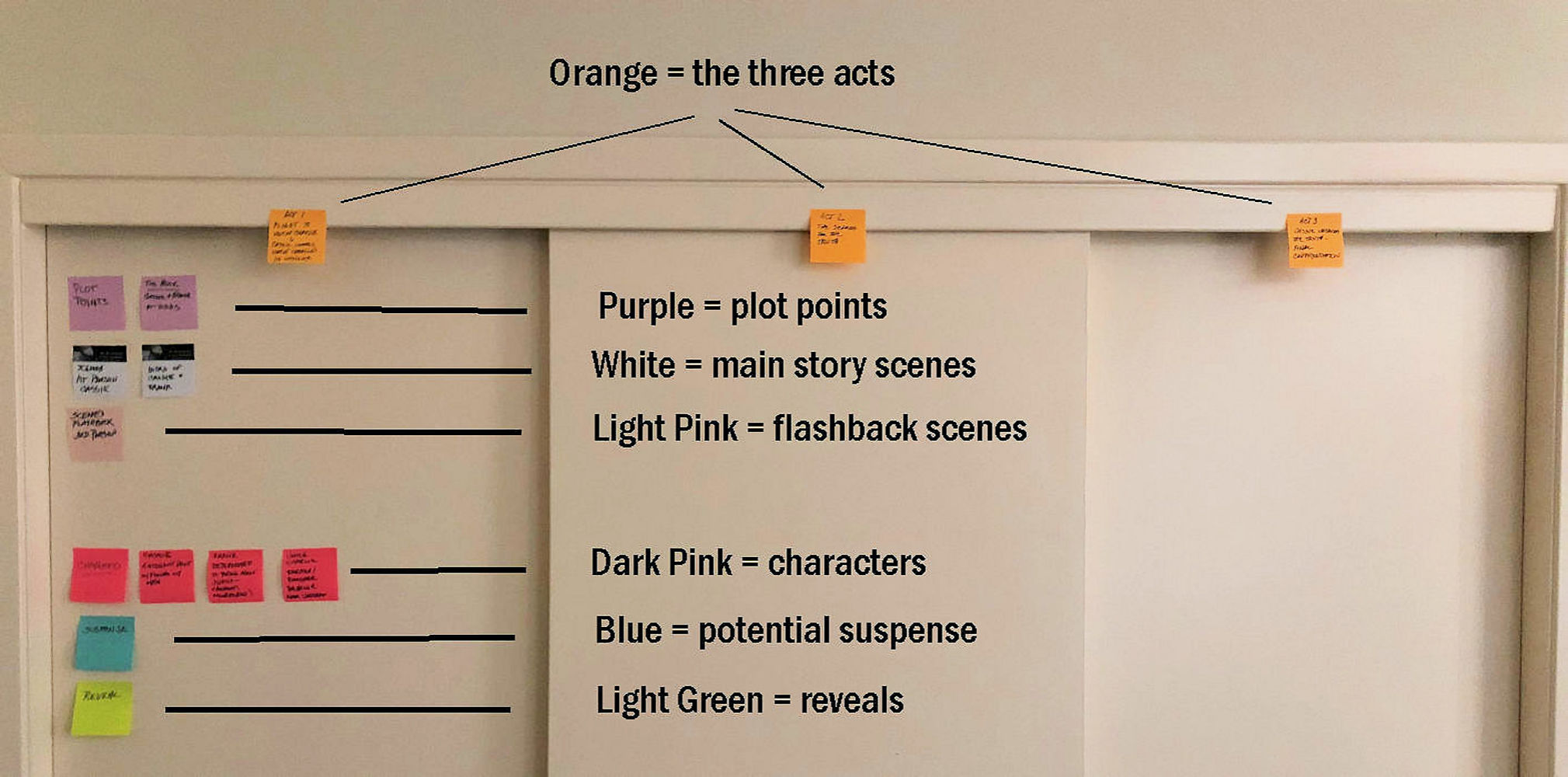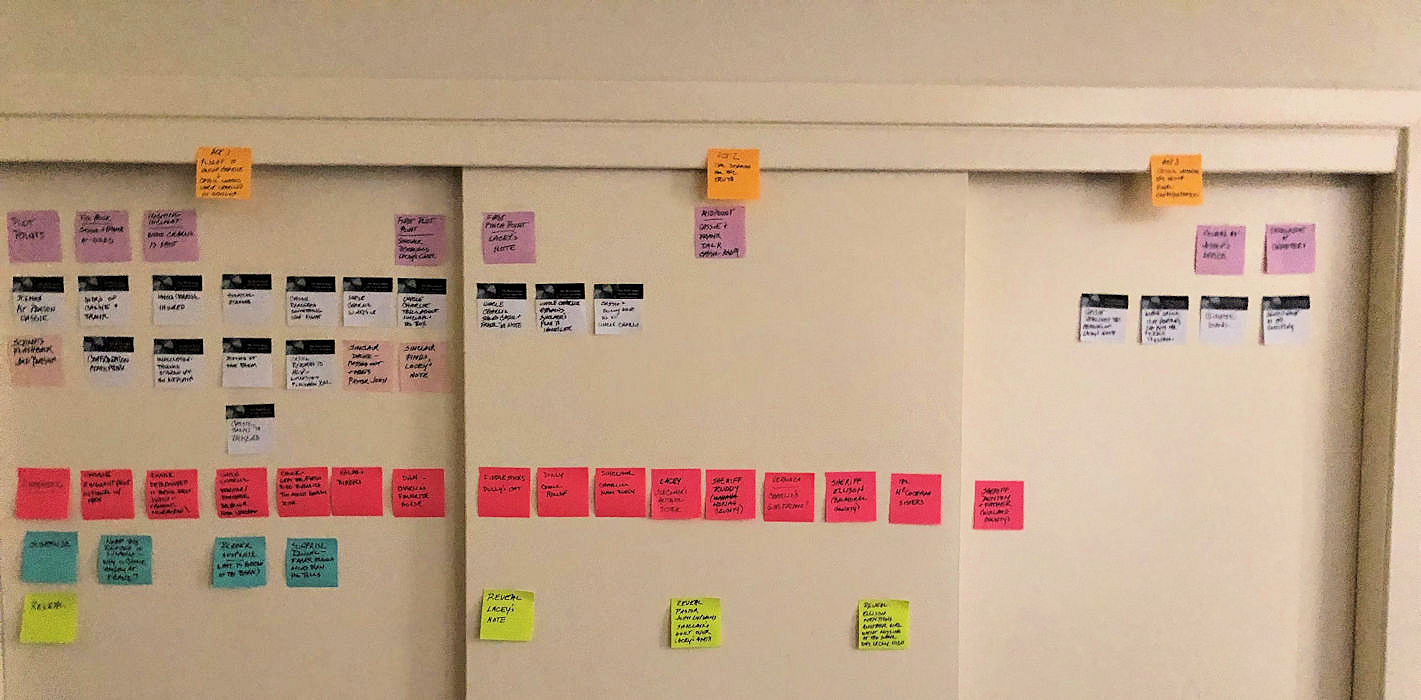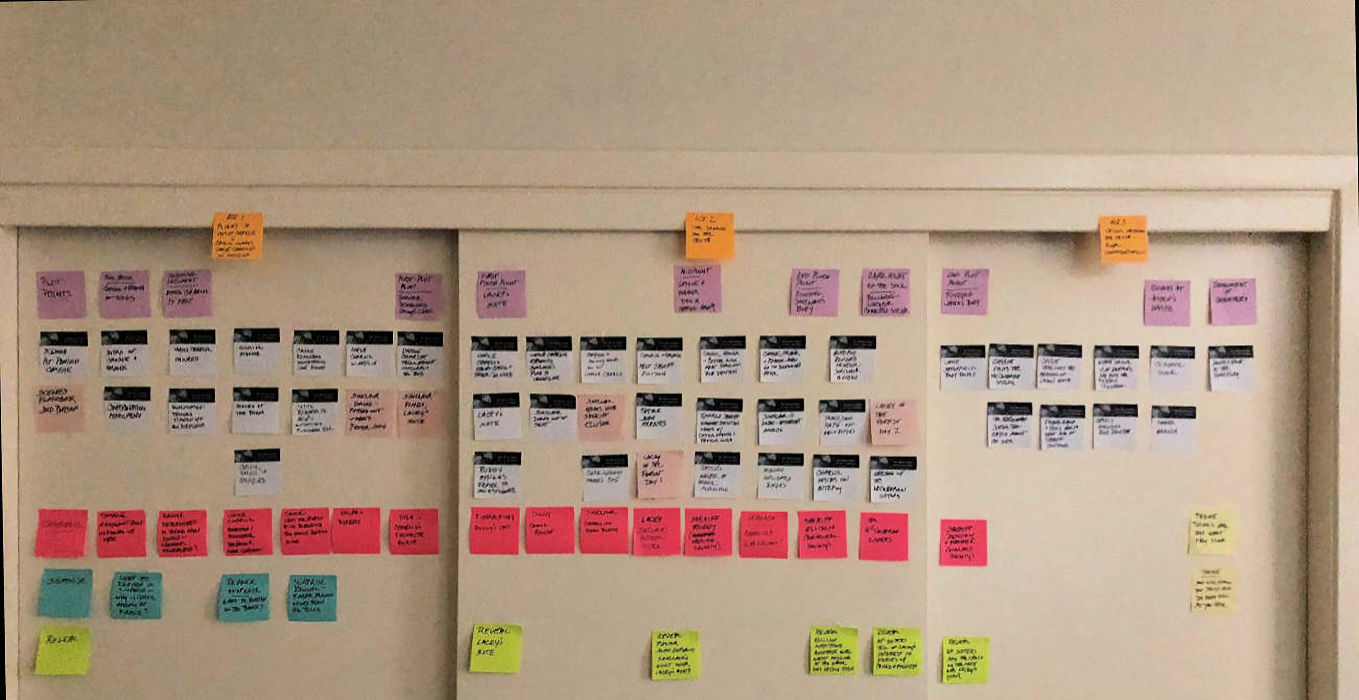
“Disappointment to a noble soul is what cold water is to burning metal; it strengthens, tempers, intensifies, but never destroys it.” –Eliza Tabor
* * *
My husband and I were scheduled to attend the Blue Ridge Mountains Christian Writers Conference this year. I was looking forward to the trip. Not only is the BRMCWC held in beautiful Black Mountain, NC, it is a well-organized, nice-sized conference. Authors, agents, and editors whom I had only known online would be there, and I was looking forward to meeting them in person.
I had gathered all the conference necessities: business cards, bookmarks, and jar opener giveaways. Paperback copies of my books bound for the bookstore were labeled and ready to go.
I had also decided to pitch my fourth novel to a couple of agents to see if there was any interest in having it traditionally published. I had a folder with high-quality copies of a one-sheet, and extra copies of the synopsis and first three cha pters of the book.(Even if they weren’t interested in representing me, agents couldn’t help but be impressed with my organizational skills.) 😊
In addition, my husband’s debut novel, Laser Trap, was up for an award, so we were doubly excited as we prepared.
A week or so before we were to leave, we received news that a dear cousin of mine had passed away in Georgia, so we flew there to pay our last respects and visit with family. It was a sad, but heart-warming, trip. However, the travel was tiring, the planes were crammed full, and the Atlanta airport was a congested mass of humanity.
We arrived back home in Memphis with a couple of days to spare before our trip to Black Mountain. What we didn’t realize was that we had brought back an unwelcome travel companion. My first symptoms popped up the day after we returned, so I took a home test, and the little pink line told the story. Covid. A couple of days later, my husband also tested positive. Our symptoms were mild, but it meant we weren’t going anywhere for a while. Dang!
I’m still new enough to the writing scene that every conference is a welcome adventure. As I write this, the conference is in full swing. I’m disappointed.
“But look at the bright side,” I tell myself. “This is a great topic for a TKZ blog post.”
* * *
We all know disappointments are part of the human experience, and writers are not immune. Rejections, bad reviews, poor sales, lack of recognition, all hurt. Even though authors are a resilient bunch, this may be a good opportunity to tackle the subject.
I found “Three Reasons Why Disappointment Is Good” at https://personalexcellence.co/blog/disappointment/.
Disappointment means passion for something.
Know that disappointment is a better emotional state than apathy. When someone is apathetic, they feel indifferent about everything. This is no different from being a robot. But here, you recognize your emotions and you feel them — be it good or bad. This is a good thing, because to feel is to be in touch with your inner self.
Disappointment means an opportunity for growth.
Here, your disappointment comes from the mismatch between reality and your expectation. Yet, the reality has been this way all along — reality did not change in that one second leading to your discovery of the truth. The world did not conspire to bring you down. The reason you feel disappointed is because you discovered the truth — and this truth is not what you thought it would be.
Disappointment makes you stronger.
When you go through a harsh emotion like that, you become tougher. You learn to process and work through your emotions. You become more resilient to life’s hardships.
* * *
So now we know disappointment is good for us, but what can we do about it?
One approach would be to always set our expectations so low that we’re guaranteed not to be disappointed. (e.g., my short story didn’t win an award, so I’m never going to write another short story.) That famous American philosopher Babe Ruth had something to say about this approach: “Don’t let the fear of striking out keep you from playing the game.”
Alternatively, we can set goals that require us to go beyond our comfort zone like Robert Browning suggested, “Ah, but a man’s reach should exceed his grasp, Or what’s a heaven for?” while being realistic about the possible outcomes. We can become stronger, smarter, and more effective writers if we acknowledge the relationship between expectations and reality.
* * *
I found a remarkable reference to this very subject the other day when I was reading Daniel DeFoe’s great novel Robinson Crusoe. After the hero had been stranded on a deserted island for decades, a situation most people would have found intolerable, he muses about his situation.
“I learned to look more upon the bright side of my condition, and less upon the dark side, and to consider what I enjoyed rather than what I wanted; and this gave me sometimes such secret comforts, that I cannot express them; … All our discontents about what we want appeared to me to spring from the want of thankfulness for what we have.”
* * *
So the short answer for dealing with disappointment seems to be just what Mom always said: “Count your blessings.”

* * *
So TKZers: What disappointments have you experienced in your writing journey? How have you dealt with them?


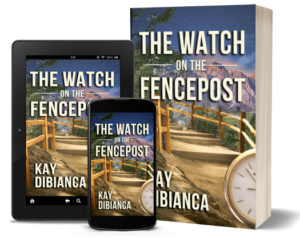





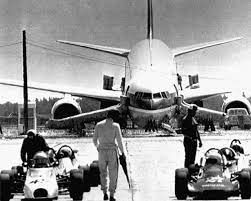
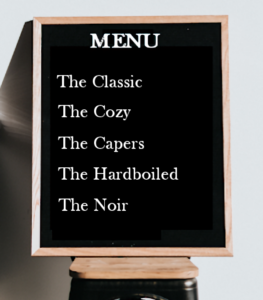 When I was writing my first novel, a friend asked what kind of book it was. I said it was a cozy mystery, but she didn’t know what that was, so I explained, “It’s a mystery with no explicit violence, no explicit sexual content, and usually no profanity. After her cheerful, “I guess you realize there’ll be no audience” response, I pretended to smile. (I get that remark a lot.)
When I was writing my first novel, a friend asked what kind of book it was. I said it was a cozy mystery, but she didn’t know what that was, so I explained, “It’s a mystery with no explicit violence, no explicit sexual content, and usually no profanity. After her cheerful, “I guess you realize there’ll be no audience” response, I pretended to smile. (I get that remark a lot.)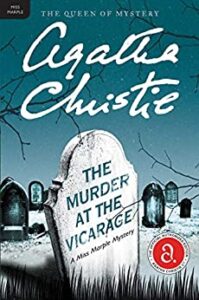 Classic Mysteries can be exemplified by Agatha Christie’s works. There is a crime, usually a murder, and the story is concerned with identifying the killer(s). Classic mysteries, like cozies, generally don’t include any explicit violence or sexual content, and there’s usually no profanity. Some of the notable entries in this category are Agatha Christie’s Miss Marple novels and Sir Arthur Conan Doyle’s Sherlock Holmes stories.
Classic Mysteries can be exemplified by Agatha Christie’s works. There is a crime, usually a murder, and the story is concerned with identifying the killer(s). Classic mysteries, like cozies, generally don’t include any explicit violence or sexual content, and there’s usually no profanity. Some of the notable entries in this category are Agatha Christie’s Miss Marple novels and Sir Arthur Conan Doyle’s Sherlock Holmes stories.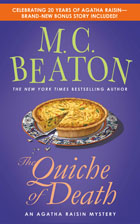
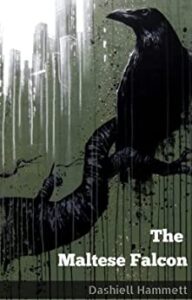
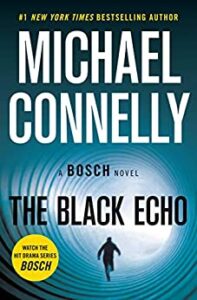
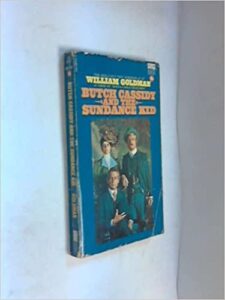
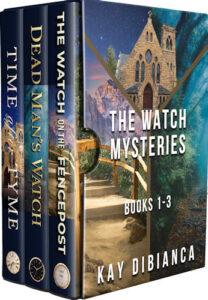

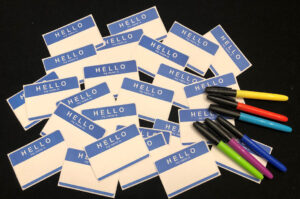
 Speaking of names: Mr. Tyme was the unfortunate victim in the third book of the Watch series of mysteries. You might be able to guess why I came up with that name.
Speaking of names: Mr. Tyme was the unfortunate victim in the third book of the Watch series of mysteries. You might be able to guess why I came up with that name.